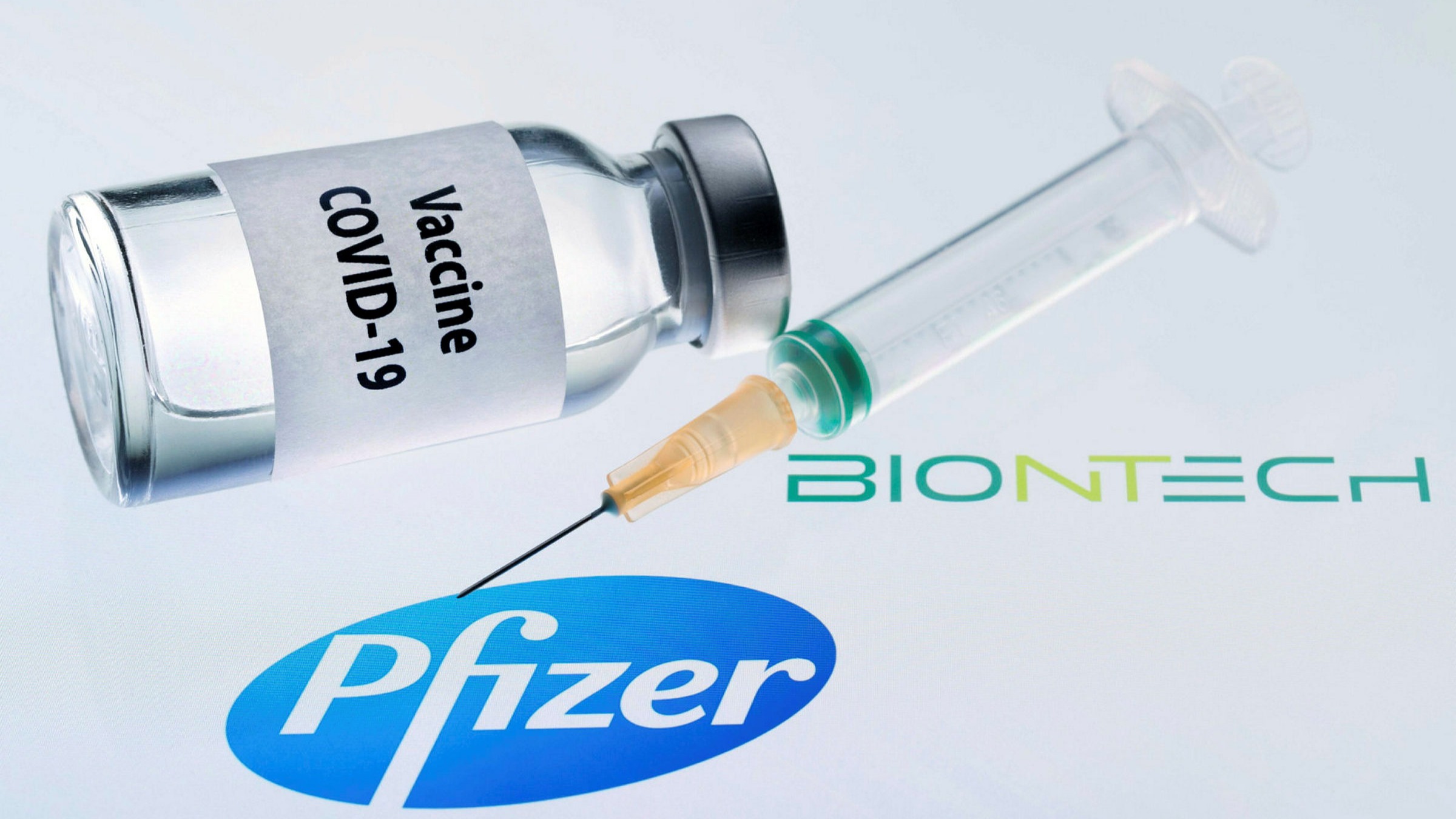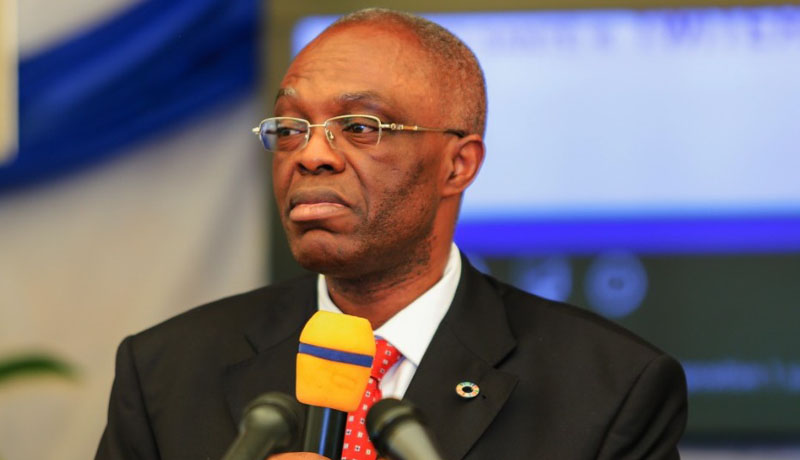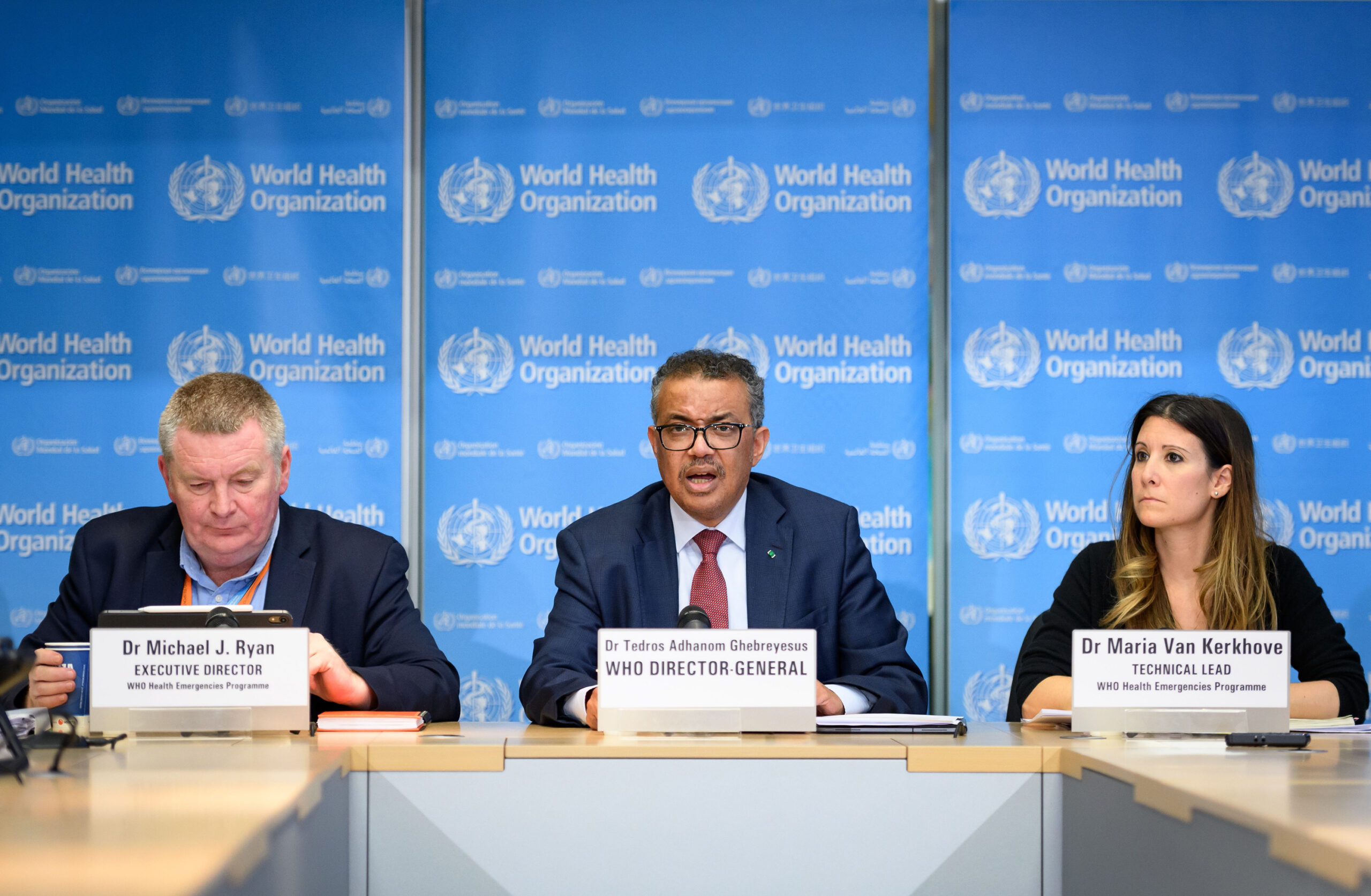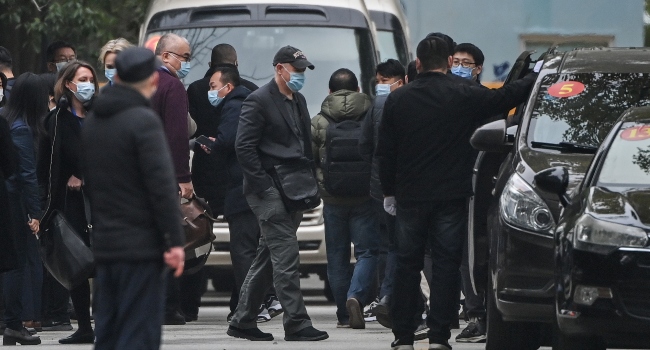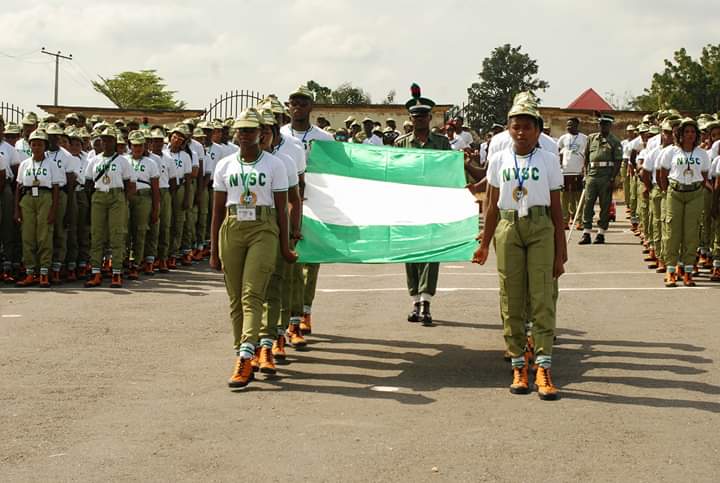• Nigeria Misses First Phase Of Pfizer Vaccine
• Expects 16m Doses Of Astrazeneca Vaccine By February — NPHCDA Boss
The World Health Organisation, (WHO), yesterday said it has not disqualified Nigeria or any African country from accessing COVID-19 vaccines through the COVAX facility. Rather, it is supporting all countries to access vaccines as quickly as possible.
However, Nigeria has missed out on the first phase of the Pfizer COVID-19 vaccine, as the 100,000 doses of the Pfizer vaccine expected to arrive the country this month has been replaced with 16 million doses of Astrazeneca vaccine.
The global health body, through its Director, African Region, Dr. Matshidiso Moeti, said on Thursday that about 320,000 doses of the Pfizer-BioNTech vaccine have been allocated to four African countries of Cape Verde, Rwanda, South Africa and Tunisia, with deliveries expected later in February.
She noted that to access an initial limited volume of Pfizer vaccine, countries were invited to submit proposals. Thirteen African countries expressed interest in the initiative. Their proposals were evaluated, based on current mortality rates, new cases and trends and capacities to deliver the vaccine, including storing it at minus 70 degrees Celsius.
Nigeria, which is expecting about 100,000 doses of the vaccine this month, was not included in the allocation. Briefing journalists on the purported disqualification of Nigeria from accessing COVID-19 vaccines, yesterday, in Abuja, WHO Country Representative in Nigeria, Dr. Walter Kazadi Mulombo, said the demand for the initial allocation of 1.2 million doses was exceptionally high. She explained that COVAX received interest from 72 countries, out of which 51 countries, including Nigeria, were considered ready by the review committee. Eighteen countries were finally chosen to receive the initial doses.
Mulombo said in Africa continent, as of January 18 deadline, COVAX received 13 submissions and a multi-agency committee evaluated the proposals, out of which nine were recommended as ready to deploy the Pfizer vaccine, including Nigeria. Unfortunately, however, it was not feasible to provide each of these 51 countries with Pfizer doses, due to a number of factors, including the limited capacity for Pfizer to handle many countries at once.
He said: “Spreading the limited doses across all the 51 countries deemed ‘ready’ could have not achieve the intended public health benefit. After epidemiological data was taken into account, the decision was taken to proportionally balance the number of self-financing and AMC participants, as well as participants across all six WHO regions.”
Molumbo observed that currently, all countries on the continent are expected to start accessing the AstraZeneca/Oxford vaccines by the end of February, adding that out of the 88 million AstraZeneca doses allocated to African countries for the first phase, Nigeria has received by far the largest allocation, with 16 million doses.
“In addition to the AstraZeneca doses, there is an initial limited volume of Pfizer vaccine available through COVAX. The vaccine is under review by WHO for Emergency Use Listing and the outcome is expected soon,” he added.
The Executive Director, National Primary Healthcare Development Agency (NPHCDA), Dr. Faisal Shuaib observed that a number of factors were considered in allocating the small quantity of the 320,000 doses of Pfizer vaccine to COVAX countries, which include the mortality rates from COVID-19, the number of new cases, the trend in the number of cases, the population and the availability of the appropriate Cold Chain equipment.
He said, “countries such as South Africa which received the Pfizer allocation have the new strain of the COVID-19 virus, has the highest mortality rates and is struggling to contain transmission. Furthermore, giving smaller countries such as Cape Verde and Rwanda few doses of the Pfizer vaccine would have a larger public health impact considering their population. 100,000 doses to Nigeria, we have all agreed would have been a drop in the ocean, so, it is a welcome development that we are receiving 16 million doses of the Astrazeneca vaccine to replace the Pfizer vaccine in February. The ultra cold chain equipment would have been able to store about 400,000 doses of the Pfizer vaccine. The 16 million doses will invariably help us reach more people and is suited to our existing cold chain system.”
When asked about specific reasons Nigeria in particular was not included in the allocation for Pfizer vaccine, Shuaib said, “we were not part of the selection process; what they gave us was the criteria, South Africa has the highest mortality rate in Africa and other strains of the virus. They are struggling under the burden of this disease. If you give 100,000 doses to Nigeria that has over 200 million population, is it not a drop in the ocean? At this point, the 100,000 doses initially meant for Nigeria has been replaced with 16 million. The committee has looked at the context of different countries before coming out with their decision.”
The NPHCDA boss noted that the first vaccine Nigeria will now get in February is the Astranzanica Covid-19 vaccine. “Health workers who are at the high risk of contracting this diseases, the elderly and those with underlying diseases will be the first to get the vaccines.
Shuaib disclosed that the cold chain equipment at the Primary Healthcare Centres will be used and that his organization will ensure that every ward gets one cold chain equipment.
“We want to ensure a successful roll out of the vaccines. Many of you were with us at the National Strategic Cold Store to physically see the Ultra Cold Chain equipment. These equipment can store over 400,000 doses of the Pfizer vaccine. So, we are ready for any type of vaccine that is allocated to us,” he assured.
